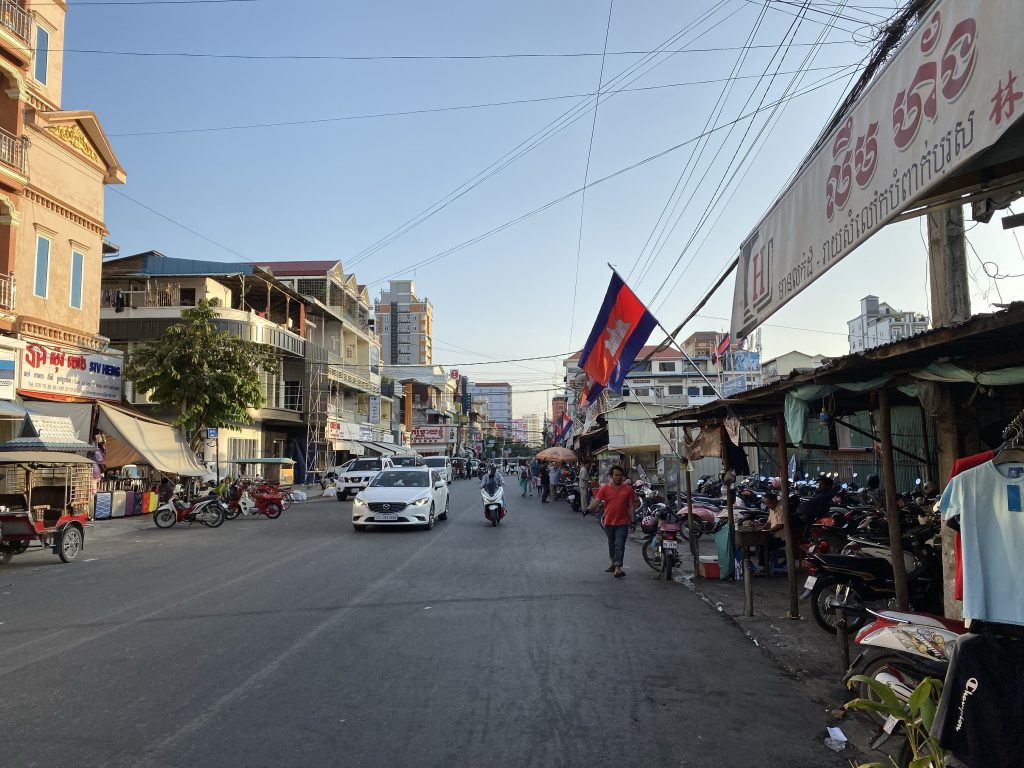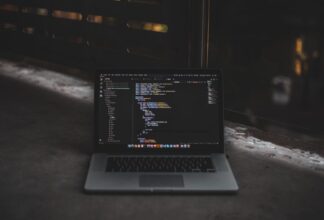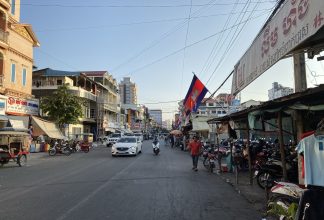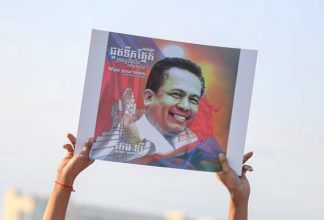Cambodia: Proposed State of Emergency Paves the Way for Human Rights Violations

The Cambodian government’s proposed State of Emergency legislation paves the way for unchecked violations of fundamental human rights, FIDH and Civil Rights Defenders said today in an 11-page analysis of the draft law.
In late March 2020, as part of the government’s response to the ongoing novel coronavirus (COVID-19) pandemic, the Council of Minister’s Standing Committee approved the “Draft Law on the Management of the Nation in a State of Emergency,” which sets out formalities, procedures, and terms for the declaration of a State of Emergency. The draft law, leaked to the public on 31 March 2020, is expected to be debated and approved by the National Assembly and the Senate, both of which are dominated by the ruling Cambodian People’s Party (CPP).
“While restrictions to certain rights are permissible for the protection of public health, such curbs must be proportionate and temporary – two requirements that the draft State of Emergency legislation clearly lacks. If it’s not immediately amended and brought into line with international standards, the proposed State of Emergency legislation could do more harm than good,” said FIDH Secretary-General Adilur Rahman Khan.
If adopted in its current form, the draft law will bestow sweeping and unchecked powers upon the government in a manner that is inconsistent with the safeguards and limitations provided by the International Covenant on Civil and Political Rights (ICCPR), to which Cambodia is a state party.
Vague and overly broad provisions of Articles 3 and 4 of the draft law would allow for a declaration of a State of Emergency whenever Cambodia faces “danger” and a “great risk” – ill-defined terms that could give the government the power to declare a State of Emergency in almost any scenario it deems “dangerous.”
Once a State of Emergency has been imposed, Article 5 empowers the government to adopt a number of measures curbing fundamental human rights, including: banning or restricting the right to freedom of movement; banning or restricting the right to freedom of association and peaceful assembly; banning or restricting work activities and occupations; and monitoring, observing, and gathering information from all telecommunications, using any means necessary.
These measures would subject fundamental freedoms, such as expression, association, and assembly, to undue limitations.
The draft law also fails to provide any strict and independent oversight for the exercise of executive powers. Article 6 only stipulates that the government must “inform on a regular basis” the National Assembly and the Senate, which can “request for more necessary information.”
Articles 7 and 8 outline harsh and disproportionate criminal penalties for a range of vague offenses, such as “willfully blocking, obstructing, or disrespecting” measures taken by the government. “Disrespecting” can be interpreted as anything from deliberate physical disobedience to sharing critical opinions in private. A maximum 10-year imprisonment can be imposed against anyone whose actions are alleged to have caused “civil unrest” or affected “national security” – ill-defined terms also open to arbitrary interpretation.
Lastly, Article 9 extends criminal responsibility to legal entities and imposes hefty fines of up to one billion riels (approximately USD245,000), as well as one or several of the additional penalties stipulated in Article 168 of the Penal Code. These provisions pose a serious risk for organisations and associations, which could be dissolved, placed under judicial supervision or subjected to other severe penalties if even one member is found guilty of violating government measures under the State of Emergency.
The draft State of Emergency law would give the Cambodian government disproportionate and indefinite powers to restrict the fundamental freedoms of its citizens. For this reason, FIDH and Civil Rights Defenders urge the government to immediately amend the draft legislation to bring it into line with international standards.
Visit this link to read the article in Khmer.
Our 11-page analysis of the draft law can be downloaded here for English and here for a summary in Khmer.
Read more
In a joint statement on 6 April, Civil Rights Defenders, CIVICUS, Frontline Defenders, and FORUM-ASIA express serious concern over Cambodia’s draconian draft state of emergency law, proposed in light of the COVID-19 pandemic. Download the statement here.
We Are Watching.
Authoritarian governments must not use the corona pandemic as an excuse to repress human rights or silence critical voices. We are watching you. We will call out human rights violations and hold you accountable. Keep track of the world with us here.
Read more

